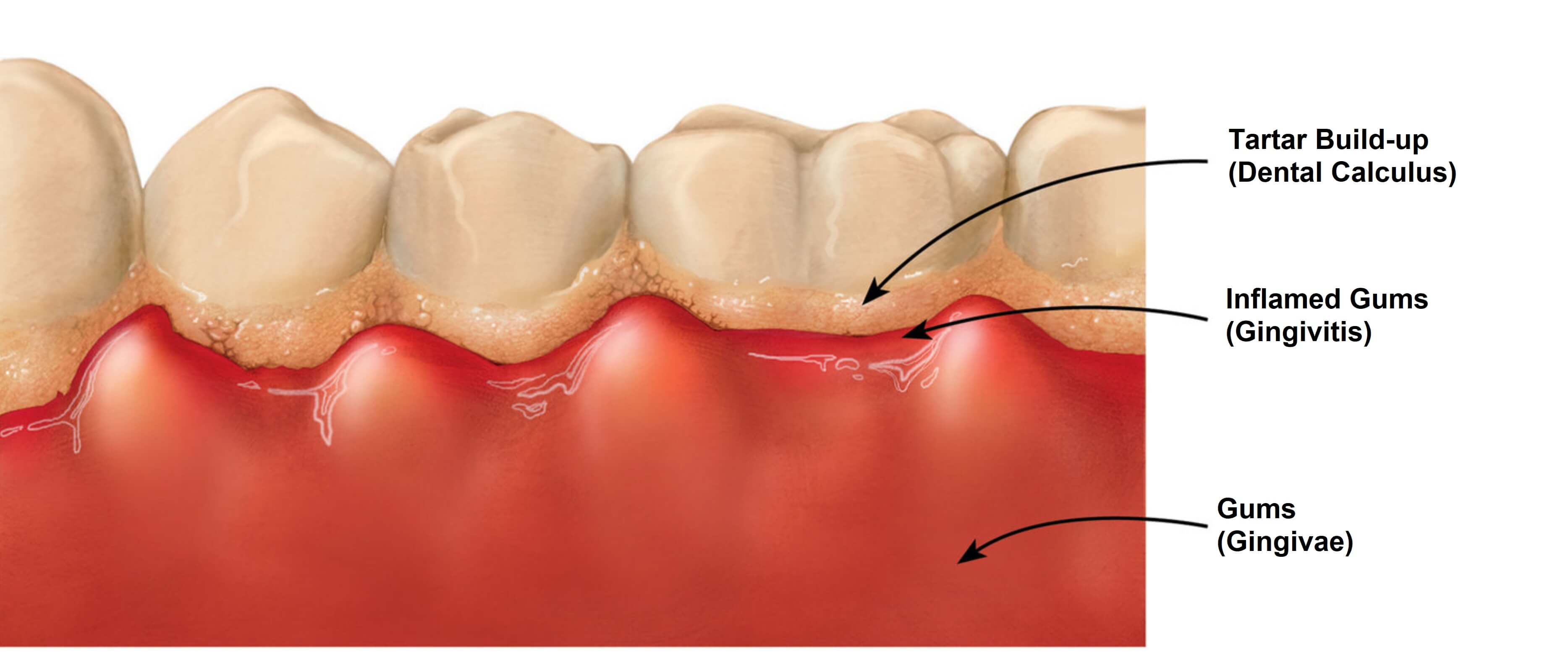


Eating a diet that's high in protein, sodium (salt) and sugar may increase your risk of some types of kidney stones. People who live in warm, dry climates and those who sweat a lot may be at higher risk than others. Not drinking enough water each day can increase your risk of kidney stones. If you've already had one or more kidney stones, you're at increased risk of developing another. If someone in your family has had kidney stones, you're more likely to develop stones, too. These stones form in people with a hereditary disorder called cystinuria that causes the kidneys to excrete too much of a specific amino acid.įactors that increase your risk of developing kidney stones include: Certain genetic factors also may increase your risk of uric acid stones. Uric acid stones can form in people who lose too much fluid because of chronic diarrhea or malabsorption, those who eat a high-protein diet, and those with diabetes or metabolic syndrome. These stones can grow quickly and become quite large, sometimes with few symptoms or little warning. Struvite stones form in response to a urinary tract infection. It may also be associated with certain medications used to treat migraines or seizures, such as topiramate (Topamax, Trokendi XR, Qudexy XR). This type of stone is more common in metabolic conditions, such as renal tubular acidosis. Certain fruits and vegetables, as well as nuts and chocolate, have high oxalate content.ĭietary factors, high doses of vitamin D, intestinal bypass surgery and several metabolic disorders can increase the concentration of calcium or oxalate in urine.Ĭalcium stones may also occur in the form of calcium phosphate. Oxalate is a substance made daily by your liver or absorbed from your diet. Most kidney stones are calcium stones, usually in the form of calcium oxalate. If possible, try to save your kidney stone if you pass one so that you can bring it to your doctor for analysis.Ĭalcium stones.
#SEVERE CALCULUS BUILDUP IN MOUTH HOW TO#
Knowing the type of kidney stone you have helps determine its cause, and may give clues on how to reduce your risk of getting more kidney stones. At the same time, your urine may lack substances that prevent crystals from sticking together, creating an ideal environment for kidney stones to form. Kidney stones form when your urine contains more crystal-forming substances - such as calcium, oxalate and uric acid - than the fluid in your urine can dilute. Kidney stones often have no definite, single cause, although several factors may increase your risk.

As stones move into your ureters - the thin tubes that allow urine to pass from your kidneys to your bladder - signs and symptoms can result.


 0 kommentar(er)
0 kommentar(er)
